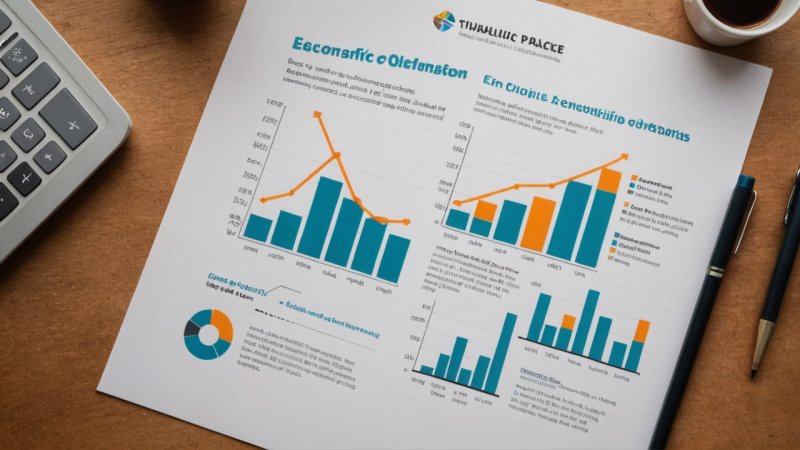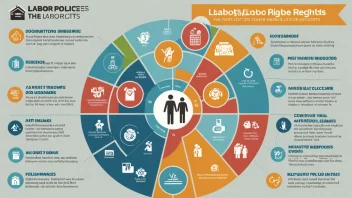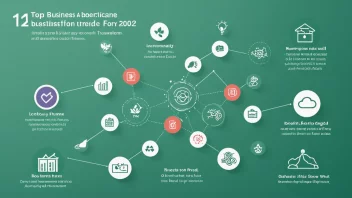The creation of policies that effectively promote economic growth is a vital pursuit for governments and institutions worldwide. Economic growth is not merely a measure of increased wealth; it encompasses improved living standards, job creation, and overall societal well-being. To navigate the complex landscape of economic policy-making, policymakers must consider several key strategies that ensure growth while promoting equity and sustainability.
One of the foundational aspects of crafting economic growth policies is understanding the local context. Every economy has unique characteristics shaped by its history, culture, and resources. Policymakers should conduct thorough assessments to identify strengths, weaknesses, opportunities, and threats within their economies. This enables the development of tailored policies that address specific challenges and leverage unique advantages.
Additionally, fostering innovation is crucial for sustained economic growth. Policymakers can create an environment that stimulates research and development by investing in education and technology. Incentives for businesses to innovate—such as tax breaks for research initiatives—can lead to breakthroughs that enhance productivity and competitiveness. Moreover, partnerships between academic institutions and private enterprises can drive innovation by translating research into marketable products and services.
Equally important is the need to develop a robust infrastructure. Economic growth is often contingent on the availability of efficient transportation, communication, and energy systems. Policymakers should prioritize infrastructure investments that not only support businesses but also improve access for communities. Infrastructure development can create jobs in the short term while laying the groundwork for long-term economic prospects.
Moreover, a skilled workforce is a cornerstone of economic growth. Policymakers must focus on education and workforce development initiatives that equip individuals with the skills necessary for emerging industries. This includes promoting vocational training and lifelong learning programs that address skills gaps in the labor market. By prioritizing human capital, policymakers can ensure that workers are prepared for the demands of a rapidly changing economy.
Another element to consider is the importance of regulatory frameworks that balance economic growth with social and environmental responsibilities. Streamlined regulations can reduce the burden on businesses and encourage investment, but it is essential to ensure that these regulations protect workers, consumers, and the environment. Policymakers should engage in regular reviews of existing regulations to eliminate outdated or unnecessary ones while introducing new rules that support sustainable practices.
Incentivizing foreign investment can also play a significant role in economic growth. Policymakers should create a favorable environment for foreign businesses by offering incentives such as tax breaks, grants, and simplified bureaucratic processes. By attracting foreign investment, countries can benefit from capital inflows, technology transfer, and job creation.
Lastly, monitoring and evaluation are critical components of effective economic policy. Policymakers should establish metrics to assess the impact of their policies on economic growth and make adjustments as necessary. Continuous evaluation allows for learning from successes and failures, fostering a culture of evidence-based policymaking.
In summary, developing policies that promote economic growth requires a comprehensive approach that considers local contexts, fosters innovation, invests in infrastructure and education, balances regulations, incentivizes foreign investment, and emphasizes monitoring and evaluation. By adopting these strategies, policymakers can create an environment conducive to sustained economic growth that benefits all members of society.
Essential Steps for Economic Growth Policies
Understand the essential steps for crafting effective economic growth policies that promote equity and sustainability.






